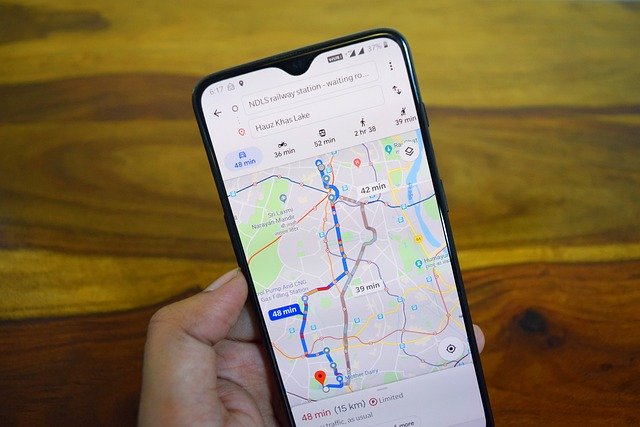Friday news roundup April 3, 2020

The UN adopted a resolution urging global cooperation on COVID-19. The resolution, titled “Global Solidarity to fight the coronavirus disease” was unanimously approved by the UN General Assembly on Thursday under new voting rules that require all 193 member countries to approve. The Assembly requests “intensified international cooperation to contain, mitigate and defeat” the COVID-19 disease. The resolution calls on UN Secretary-General Antonio Guterres to lead the mobilization and coordination of a global response to the pandemic “and its adverse social, economic and financial impact on all societies.” It recognizes COVID-19’s “severe disruption to societies and economies, as well as to global travel and commerce, and the devastating impact on the livelihood of people,” and stresses that “the poorest and most vulnerable are the hardest hit” and must be helped. It further emphasizes the need to respect human rights and oppose “any form of discrimination, racism and xenophobia in the response to the pandemic.”
Google is to publicly track people’s movements over the course of the coronavirus pandemic. The tech giant intends to publish details of the different types of places people are going to in the UK, plus 130 other countries. It promises to preserve individuals’ privacy during the process. Google plans to issue regular updates with the figures—based on location data gathered via Google Maps or one of the firm's other mobile services—referring to activity from two or three days prior. Readings should reveal how busy certain types of places are (e.g. retail and recreation; parks, beaches, and plazas; and bus, subway, and train stations) compared to a period before lockdowns were introduced. The hope is that the information can then be used by public health officials and others to help manage the outbreak. The revelation comes a day after EU justice chief Vera Jourova called on tech giants to share more data with scientists trying to combat the virus.
Germany is to allow foreign workers into the country to help harvest fruit and vegetable crops. On Monday, the European Union Commission urged EU countries to allow hundreds of thousands of seasonal agricultural workers to cross borders despite national measures to contain the coronavirus. The German government responded on Thursday with news that it will relax previous travel restrictions imposed to combat the coronavirus to enable its farmers to harvest crops that would otherwise rot in the nation’s fields. Germany, like many other European countries, relies on seasonal farm helpers to gather harvests and plant crops. Most come from countries in the east of the EU, including Poland, Romania, and Bulgaria. The German agriculture ministry will allow up to 40,000 seasonal farm workers into the country in April and another 40,000 in May. Workers are to travel by air, undergo medical checks, and will observe social distancing rules whilst at work.